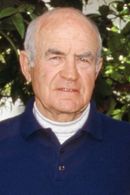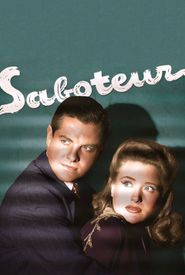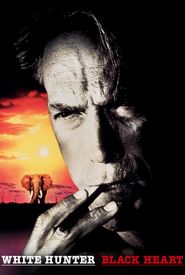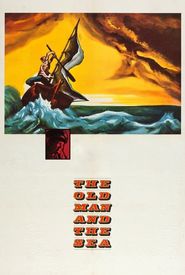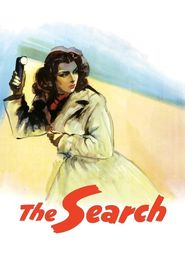Peter Viertel, a World War II veteran, burst onto the literary scene at the tender age of 18 with the publication of his debut novel, which garnered glowing reviews from critics and readers alike. Born to a family of European intellectuals, Viertel's parents were refugees from Adolf Hitler's tyranny, fleeing to the United States in search of safety and a better life.
Growing up in the vibrant city of Hollywood, Viertel was surrounded by a household of esteemed guests, including the enigmatic Greta Garbo, the avant-garde playwright Bertolt Brecht, the renowned authors Thomas Mann, Heinrich Mann, and Franz Werfel. Amidst this whirlwind of creative energy, Viertel yearned to distance himself from his European heritage and forge a new identity as a quintessential American.
As he navigated the challenges of supporting himself and his first wife, Jigee, Viertel turned to screenwriting as a means of generating income and furthering his literary ambitions. His talent soon caught the attention of the legendary director John Huston, who was then working on the iconic film noir, The Maltese Falcon (1941).
Throughout his life, Viertel remained a fixture in the Hollywood film community, working on a wide range of projects and collaborating with some of the most iconic figures in the industry. His personal life was marked by two marriages, the first to Jigee and the second to the acclaimed actress Deborah Kerr.
Tragically, Viertel's life was cut short when he passed away in Marbella, Spain, just 19 days after the death of his second wife, Deborah Kerr. Despite the brevity of his life, Viertel left an indelible mark on the literary and film worlds, leaving behind a legacy that continues to inspire and captivate audiences to this day.
